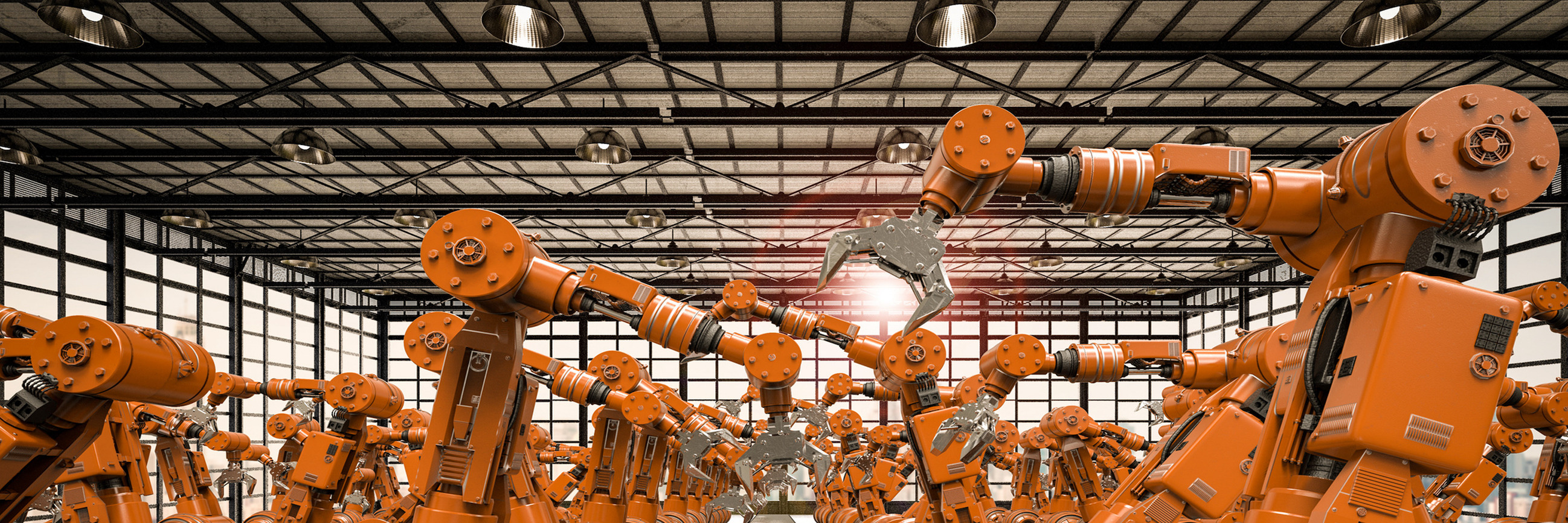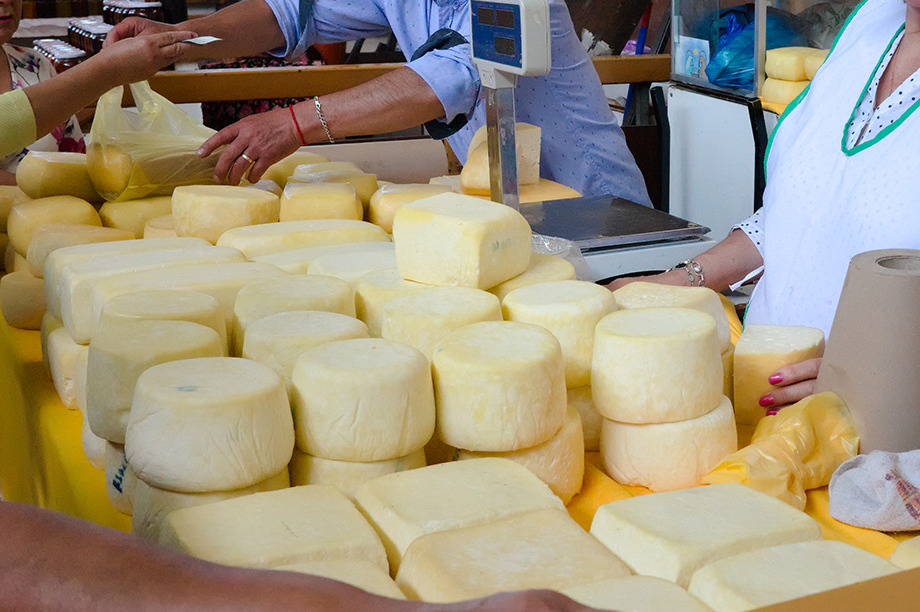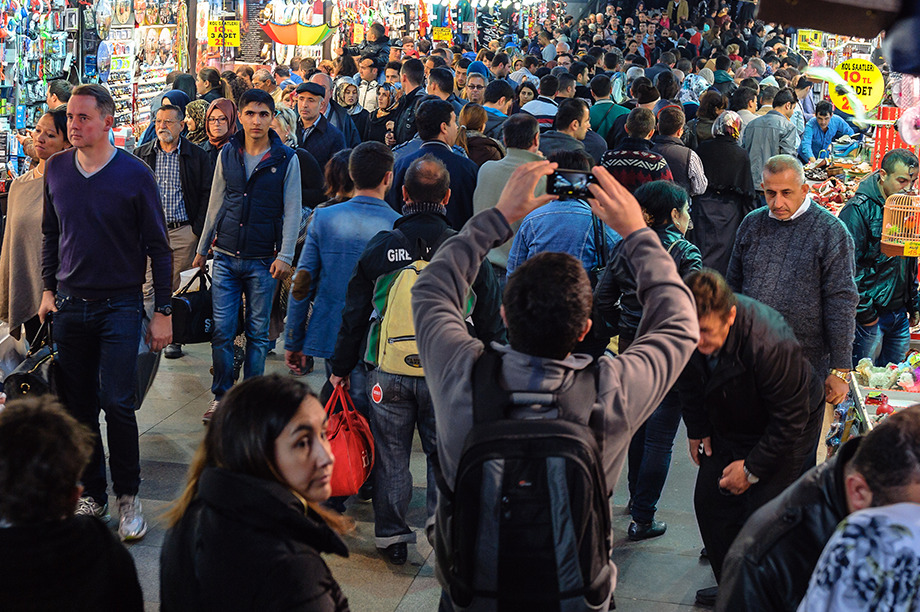Joachim Voth
Professor of Macroeconomics and Financial Markets, endowed by the UBS Center
Zurich ZCED

Machines increasingly do the work of humans. In the 18th and early 19th century, spinners and weavers lost their jobs to the Spinning Jenny and the Arkwright frame; more recently, phone operators, clerks, and bookkeepers have been replaced by computers. The concern that technological mass unemployment may lead to unrest and political instability has a long lineage. Marx famously prophesized that the adoption of new technologies, spread by capitalism, would so immiserate the working class that workers would rise up in revolt. While the possibility of technology-induced unemployment was on the minds of classical political economists, it was increasingly called into question towards the end of the 19th century, and is routinely dismissed in modern textbooks.
However, a growing literature in labor-economics has demonstrated that the IT revolution has disadvantaged less educated workers and replaced workers performing tasks that are easy to codify. There is also good evidence that new agricultural technologies can drive workers out of agriculture. What is unclear is whether such labor-saving technological change can create political instability and social unrest.
In this paper, we examine a canonical historical case, the so-called ‘Captain Swing’ riots in 1830s Britain. Variously attributed to the adverse consequences of weather shocks, the shortcomings of the Poor Law, or the after-effects of enclosure, we emphasize the importance of a new technology – the threshing machine. Invented in the 1780s, it spread during and after the Napoleonic Wars. Using farm advertisements from newspapers published in 66 English and Welsh towns, we compile a new measure of the technology’s diffusion. Parishes with ads for threshing machines had much higher riot probabilities in 1830 – and the relationship was even stronger for machine-breaking attacks. Threshing machines were mainly useful in wheat-growing areas. To establish a causal role for labor-saving technology, we instrument technology adoption with the FAO measure of soil suitability for wheat, and show that this in turn predicts unrest.
Professor of Macroeconomics and Financial Markets, endowed by the UBS Center
Zurich ZCED
Post-Doc
Zurich ZCED







